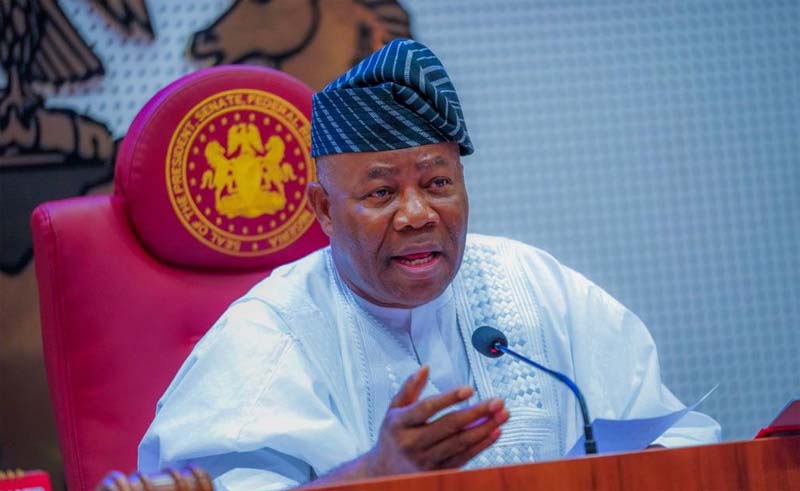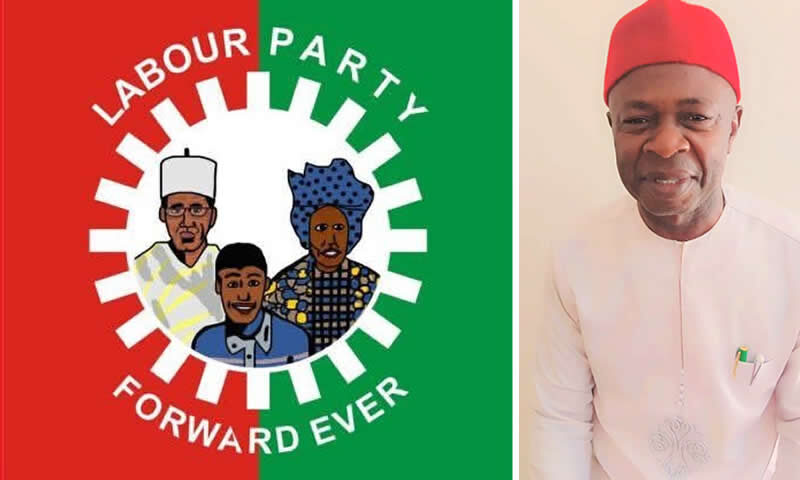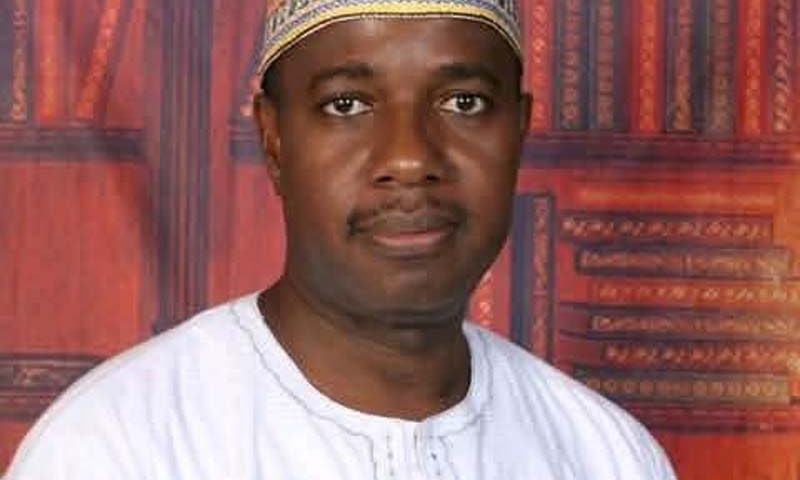“Given the history of Nigeria ethnic culture of settling and rewarding political acolytes, corruption footprints and methodologies as well as recent innovative paradigms of state/institutional capture these newer commissions can pass off as political tools and platforms of settlement in regions where they have been setup.”
BY Ebube Ebisike George
Based on the face value, the establishing of the Development Commissions which come to four (4) being, the North West, and South East signed into law as bills on Wednesday July 24th, 2024; the North East Development Commission (Establishment) Bill of October 2017 and existing Niger Delta Development Commission setup in 2000 seem to be steps in the right direction, but in hindsight there are definitive concerns about this institutions.
These commissions are likely to end up as hubs where cronies are recruited and granted payback for their loyalties and/or platforms for influential political elites to be given pseudo-relevance. This is based on empirical results of the case study of the NDDC which has been 24 years in existence. It remains unfortunate that the NDDC has been humongously plagued and purified by countless political intrigues, corruption, institutional hiccups and crass inefficiencies. The non-ncompletion and abandonment of awarded projects is a signposted and expected culture of the outcomes plaguing this institution. The other observable situation is that quite a few completed are remarked to be of sub-standard quality after their delivery. The other issue of budgetary allocations not being released up to 50 per cent in any financial year is a predictable riskfactor the commission faces continuously.
The other quagmire is how the NDDC board constituting leaves conflict and consternation in it’s wake, sometimes leaving the commission for lengths of time operating without a board. The expected results of the forensic audit carried out on the NDDC has not released for public scrutiny and the process can be said to be in limbo. The other issue are the incessant reconstituting and dissolving of the board is a regular showcase due to infighting, factionalisation, another is cries of marginalisation if not outright clamours of discrimination amongst the states which makeup the board memberships.
The above clearly leaves us wired with the thoughts and quandires as to how the other three new Commissions established won’t be plagued by the same challenges if not worse?
Furthermore, Given the history of Nigeria ethnic culture of settling and rewarding political acolytes, corruption footprints and methodologies as well as recent innovative paradigms of state/institutional capture these newer commissions can pass off as political tools and platforms of settlement in regions where they have been setup.
It goes without saying that there is definitely a duplication of functions across the spectrum of governance by creating these commissions given Nigeria’s APC Tinubu Government pledged to the supposed application and adherence to the Orasanya report which prescribed a streamlining and contracting of MDAs instead of an expansion of any form. It is extremely key to note that the Development Commissions should be partners and drivers of impactful investment in indigenous Research & Development (R&D) funding as well as the accompanying the commercialisation of R&D especially working closely with academic institutions, independent innovators and researchers. This is because most of these communities with have such human capital elements in the form of those who are working on solutions to the immediate problems of the community. A Development Commissions should encourage funding vocational studies including research and creative works and products in a support system and protocol that promotes local industries, productions lines and sales of such products examples are like innovative Charcoal Stoves or locally power generating systems of all spectrum, this will promote cottage industries and create jobs. The mantra of the Commissions should be “Use and Buy Nigerian Made Products First”. This will enhance indigenous development and trade channels across all the regions where the Commissions are setup.
In conclusion, the optimisation of these Development Commissions to achieve statutory goals lies in the quality of those who are appointed to their boards. As long as these individuals are professional, visionary collaborators and non-aligned to politicizing their roles and mandate to serve the people and country. Their jobs must be to deliver development at all costs within specified timelines. There must be conflict resolution mechanisms internally set in place to trash out decisively any hurdles faced or misdemeanors that arise. With these and more you can be assured of success.
His Excellency Hon. Ebube Ebisike George is the Honorable Minister of Investment, State of African Diaspora






